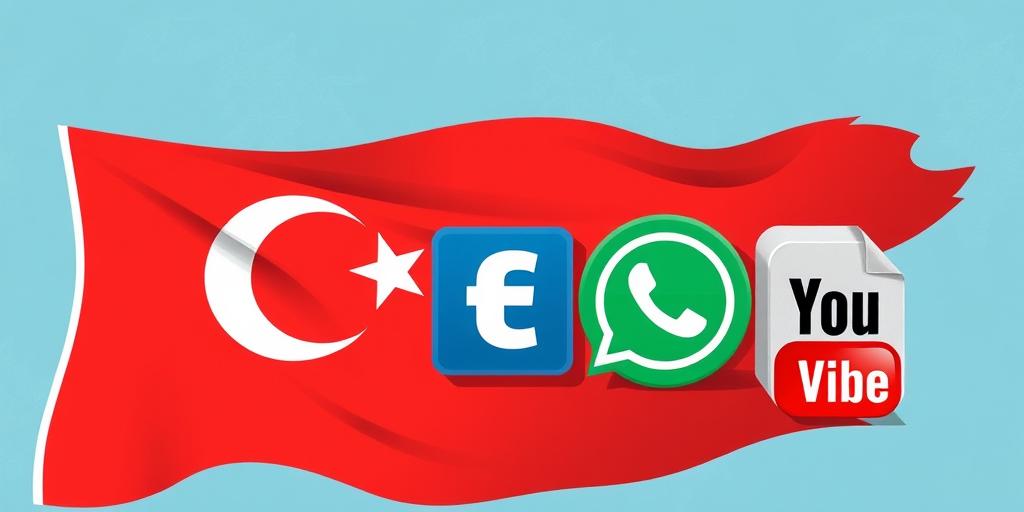Turkey's relationship with social media has been complex, marked by periods of open access and jarring disruptions. This post examines the history of social media restrictions in Turkey, detailing specific instances of blocks, throttling, and the legal frameworks that enable such measures.
Early Engagement and Growing Concerns
Initially, social media platforms like Twitter, Facebook, and YouTube were embraced in Turkey as tools for communication, information sharing, and political discourse. However, as these platforms gained influence, particularly during events like the Gezi Park protests in 2013, the government's stance began to shift.
The Gezi Park Protests: A Turning Point
The Gezi Park protests marked a significant turning point. Social media played a crucial role in organizing and disseminating information about the protests, which challenged the government. In response, authorities began exploring methods to control online content.
Notable Instances of Blocks and Throttling
- YouTube (2007-2010): Access to YouTube was blocked for several years due to content deemed insulting to Mustafa Kemal Atatürk, the founder of modern Turkey.
- Twitter (2014): In the lead-up to local elections, Twitter was blocked following the circulation of leaked recordings implicating government officials in corruption. This ban sparked international criticism.
- Facebook (Multiple Instances): While less frequent than Twitter blocks, Facebook has faced restrictions related to content deemed offensive or a threat to national security.
- WhatsApp (2016): During periods of political instability, WhatsApp has experienced throttling, limiting its functionality and hindering communication.
- Post-Coup Attempt (2016): Following the attempted coup in July 2016, widespread restrictions were imposed on social media platforms to prevent the spread of information that the government considered harmful.
Legal Framework and Justifications
The legal basis for these restrictions often relies on laws related to national security, public order, and the protection of individuals' reputations. Article 5651, also known as the 'Internet Law,' grants the government broad powers to regulate online content. The government argues that these measures are necessary to combat terrorism, prevent incitement, and protect public morals.
Methods of Restriction
- Direct Blocking: Complete blocking of access to a platform, making it inaccessible to users within Turkey.
- Throttling: Significantly slowing down the speed of access, making it difficult to use the platform effectively. This is often achieved by manipulating bandwidth.
- Content Removal Requests: Demanding that social media companies remove specific content deemed illegal or harmful under Turkish law. Failure to comply can result in fines or further restrictions.
Impact and Implications
The restrictions on social media have had several significant impacts:
- Reduced Freedom of Expression: Limiting the ability of citizens to express their opinions and access diverse sources of information.
- Economic Consequences: Disrupting businesses that rely on social media for marketing and communication.
- Erosion of Trust: Undermining public trust in the government and its commitment to democratic principles.
Conclusion
The history of social media in Turkey is a narrative of evolving control. While initially embraced, these platforms have faced increasing restrictions due to concerns over political stability and national security. The ongoing tension between freedom of expression and government control continues to shape Turkey's digital landscape.









